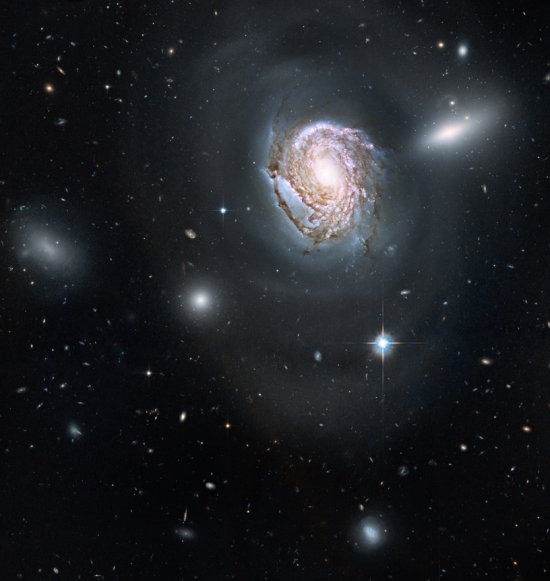In reading my post, Both for and against the Obama plan, reader Trent Waddington emailed me to say that this “is so fatalistic that it seems you don’t think it is worthwhile even spending a few minutes explaining why the policy is good. It’s easy to dismiss something a politician says as the stopped clock that is right twice a day. It’s harder to set aside your skepticism and explain why something is good policy.”
Trent is absolutely correct. What I wrote was very depressing and fatalistic. However, I think it very important to be coldly honest about things, no matter how bad they look. Once you’ve done that, you then have the right information necessary for fixing the situation.
My problem with most of the debate about the future space policy of the United States, — as well as innumerable other modern issues faced by our government — is that people don’t seem to want to face up to the reality of the problem. In the case of space and Obama, I doubt any advice, gentle or otherwise, is going to move him into putting forth a plan for NASA that has any realistic chance of getting passed by Congress. As I noted in a different post, he doesn’t play the game. He acts like the worst sort of autocrat, convinced that if he simply says what he wants to do, everyone must agree.
The reason the good part of his plan (commercial space) is not passing Congress is not because people think it is a bad idea. It is being rejected because » Read more

